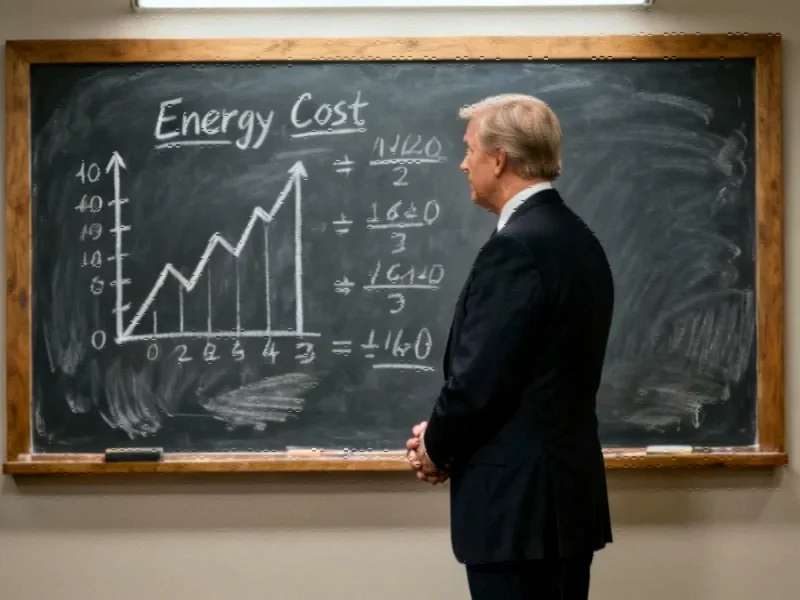According to Mashable, the Motion Picture Association sent an official cease and desist letter to Meta’s chief legal officer Jennifer Newstead on October 28. The MPA demands Meta immediately stop using the PG-13 movie rating designation in its new teen safety features. The association argues Meta’s use of the rating is “literally false and highly misleading” and constitutes both false advertising and trademark dilution. This conflict started when Meta announced its Teen Accounts overhaul on October 14, which included age-appropriate filters that Meta claimed reflected PG-13 level content standards. The MPA had previously denied similar rating system requests from Meta’s competitors and states they were never consulted before Meta’s announcement.
Hollywood vs. Silicon Valley
Here’s the thing – this isn’t just about trademark infringement. It’s a fundamental clash between two completely different approaches to content moderation. The MPA’s system relies on actual human panels of parents watching films and making judgment calls. Meta’s system? It’s algorithms and AI making split-second decisions at scale.
And the MPA isn’t wrong to be protective. They’ve spent decades building public trust in those little letters that appear before movies. When parents see “PG-13,” they have a pretty good idea what they’re getting. But social media content? It’s a firehose of unpredictable material. Trying to slap a movie rating on that chaos was always going to be messy.
The Trust Gap
Meta’s spokesperson says they were just trying to make things “simpler for parents” by using a familiar standard. But that’s the problem – it wasn’t their standard to use. The MPA’s letter basically accuses Meta of trying to borrow credibility they haven’t earned. After all the reports about failed safety tools and mounting pressure from regulators, Meta desperately needs to show they’re taking teen safety seriously.
So they reached for the most recognizable content rating system available. The MPA sees this as exploitation, while Meta claims it’s fair use. Who’s right? Probably both, in their own ways. But the timing couldn’t be worse for Meta, with everyone from Congress to parents questioning their ability to protect young users.
Where This Is Headed
I don’t see Meta winning this fight. The MPA represents heavy hitters like Netflix, Disney, and Warner Bros. Discovery – they have the legal firepower and the moral high ground. Meta will likely have to rebrand their content levels with some generic terminology that doesn’t reference movie ratings.
The bigger question is whether automated systems can ever replicate human judgment when it comes to content appropriateness. The MPA’s process is slow, deliberate, and human-centric. Meta’s needs to be fast, scalable, and automated. These are fundamentally incompatible approaches. Trying to map one onto the other was always going to create friction.
Basically, this cease and desist is about more than just trademark protection. It’s about who gets to define what’s appropriate for young people – Hollywood’s established system or Silicon Valley’s algorithms. Given the privacy concerns and content moderation challenges facing social platforms, that’s a battle worth watching.




